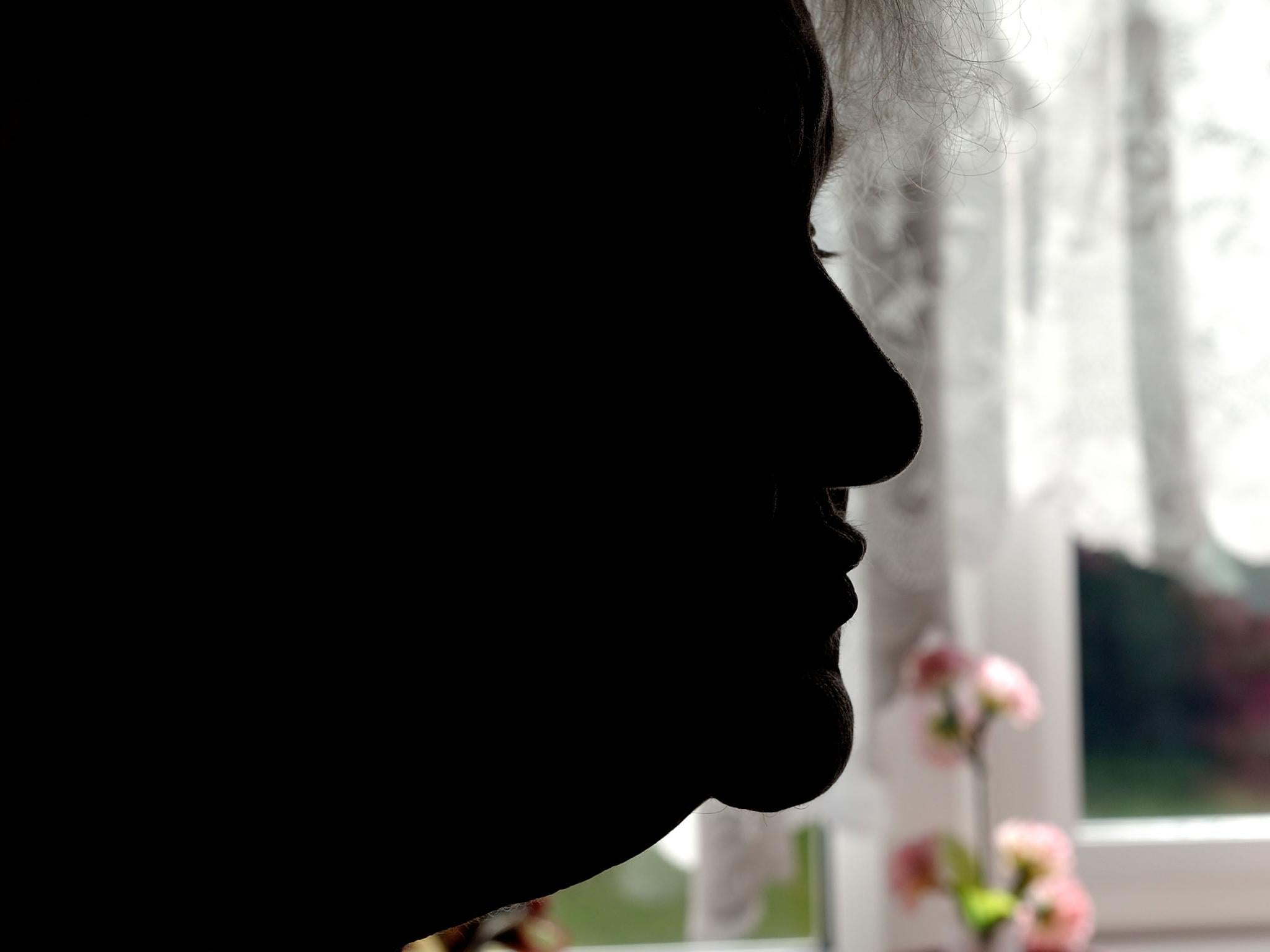The case of Sally Challen, who killed her husband, could set a precedent for women suffering domestic abuse
Despite years of psychological torture, the absence of physical evidence meant that in the eyes of the law Challen was not a victim of domestic violence


I worried that justice would never come for Sally Challen, a woman convicted in 2011 of murdering her abusive, controlling husband. But today in Court 7 at the Royal Courts of Justice, with the public gallery packed with dozens of feminist supporters, and a full press bench, permission was granted for Sally to appeal her murder conviction. The judge has allowed the admission of fresh evidence that was not available at the time of her trial in 2011.
Why did this mild-mannered, conventional, mother of two kill the man she had been married to for 31 years? What made her bludgeon him to death with a hammer? Sally was a victim of what is now enshrined in law to describe the abusive tactics that some men use to keep female intimate partners under their thumb: coercive control.
Sally met Richard Challen when she was 15 years old and he was 21. I have spoken to various members of Sally’s family, all of whom tell me that she was under his control from the beginning of their relationship.
Richard tortured Sally mentally and psychologically throughout their relationship. The absence of a bloody nose and black eyes meant that, in the eyes of the world, she was not a victim of domestic violence. But it was only sometime after her arrest that Sally disclosed Richard had anally raped her as punishment for being kissed by one of his friends. This brutal act of sexual violence and humiliation was merely one incident in a campaign of abuse handed out by Richard to Sally on a daily basis.
Richard had numerous affairs, but forbade Sally to question him about any of his actions. One Christmas he sent out cards to various friends and family members made from a photograph of himself straddling his Ferrari, with topless, bikini-clad women on either side of him.
Sally had discovered that Richard was going into a brothel close to her place of work, and had seen a report about how police had raided the establishment and discovered trafficked women.
Richard would speak to Sally as though she was dirt, and dictate her every move. He would constantly humiliate her about her weight and general appearance. Sally was ground down by his abuse, and moulded into the shape that Richard wanted. She was a good and loving mother, and both sons vehemently support her, despite the fact that she killed their father. Her youngest son David has spoken to me at length about how his father had “no moral compass”, and would laugh with friends and family members about Sally, and isolate her from potential support.
When Sally was convicted of Richard’s murder and given a 22-year sentence, family members wept in the public gallery and no-one from either Sally or Richard’s side of the family spoke out against her. At that time, coercive control was not a criminal offence. It was introduced in 2015 following decades of campaigning by those working on the frontline, and in research and advocacy around domestic violence.
In 2012 Sally contacted Justice for Women (JfW), an organisation I co-founded in 1990, asking for help. Sally knew that she had suffered a miscarriage of justice. Since the 1980s, I have campaigned on behalf of women convicted of murder who have killed their abusers. Often the courts do not understand the effects on women living with an abuser. Some judges have more sympathy with men who kill women, despite having not endured life-threatening violence.

The leniency given in some cases to men who have killed female partners who use the “nagging and shagging” defence tells us all we need to know about societal attitudes to domestic abuse. These men, almost always with a history of violence towards the women they kill, would claim that they had been “pushed to the edge” as a result of being either “nagged”, or discovering that their partner had been having an affair. In a number of cases, men have been given light or non-custodial sentences, and some go on to kill subsequent female partners. Why should the courts, or anyone for that matter, consider being “nagged” or cheated on to be more of a mitigating factor in a murder trial than horrendous abuse and humiliation? It is misogyny enshrined in law.
The Sally Challen case is symbolic for a number of reasons. It shows that much of the abuse women endure in intimate relationships with men is hidden. It also tells us that the type of coercive control that Sally suffered is commonly used to keep women in their place, by the men who fear being arrested for violent offences. If Sally is successful in her appeal and walks out of court free from the burden of a murder conviction, it will symbolise not just her freedom, but the potential liberation the thousands of women suffering exactly what Sally endured throughout her marriage.
Join our commenting forum
Join thought-provoking conversations, follow other Independent readers and see their replies
Comments
Bookmark popover
Removed from bookmarks